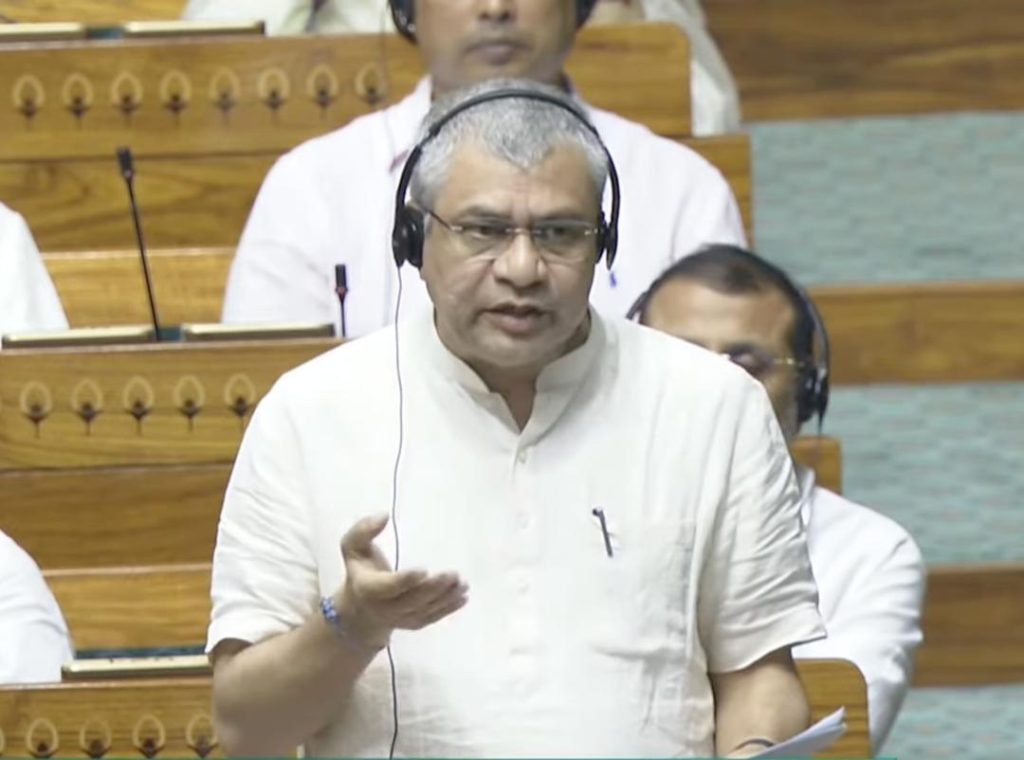
Between Our Revenue & Middle-Class Families, PM Chose Families: Vaishnaw on Gaming Bill
In a recent development, the Indian government has introduced the Promotion and Regulation of Online Gaming Bill 2025 in the Lok Sabha, aimed at promoting and regulating the online gaming industry in the country. While introducing the bill, Union Minister Ashwini Vaishnaw highlighted the prime motive behind the legislation, stating that Prime Minister Narendra Modi always chooses middle-class families when choosing between them and the government’s revenue.
Vaishnaw’s statement has sparked a debate about the government’s priorities and its approach to regulating the online gaming industry. In this blog post, we will delve into the details of the bill, its implications, and the minister’s statement.
What is the Promotion and Regulation of Online Gaming Bill 2025?
The Promotion and Regulation of Online Gaming Bill 2025 seeks to regulate and promote the online gaming industry in India. The bill aims to establish a regulatory framework for online gaming, including provisions for licensing, taxation, and content regulation.
The bill prohibits real-money and gambling games, stating that they are “harmful to society”. Vaishnaw, while introducing the bill, emphasized that the government’s primary concern is to save the society from “bad elements”. The bill also proposes to set up a regulatory body to oversee the online gaming industry, ensure compliance with regulations, and take action against violators.
Vaishnaw’s statement: PM chooses middle-class families
Vaishnaw’s statement has sparked a lot of attention, with many interpreting it as a reflection of the government’s priorities. The minister’s statement suggests that the government is willing to compromise on revenue to protect the interests of middle-class families.
The statement has been seen as a departure from the government’s previous stance on the online gaming industry. The industry has been growing rapidly in recent years, with many players and investors showing interest in the sector. The government’s decision to regulate the industry has been seen as a step towards creating a more sustainable and responsible gaming ecosystem.
However, the ban on real-money and gambling games has been criticized by many, who argue that it will stifle innovation and growth in the industry. The gaming industry has been a significant contributor to India’s economy, with many players and investors showing interest in the sector.
Impact on middle-class families
Vaishnaw’s statement has also raised questions about the impact of the bill on middle-class families. The minister’s statement suggests that the government is willing to protect the interests of middle-class families, but it is unclear how the bill will affect them.
One potential impact of the bill is that it may reduce the availability of online gaming options for middle-class families. The ban on real-money and gambling games may limit the types of games that are available to players, which could be a significant blow to the industry.
On the other hand, the bill may also provide new opportunities for middle-class families. The regulatory framework established by the bill may provide a more sustainable and responsible gaming ecosystem, which could benefit players and investors alike.
Conclusion
The Promotion and Regulation of Online Gaming Bill 2025 is a significant development in the Indian gaming industry. The bill aims to regulate and promote the online gaming industry, with a focus on protecting the interests of middle-class families.
Vaishnaw’s statement, while sparking a debate about the government’s priorities, highlights the government’s commitment to protecting the interests of middle-class families. The bill’s impact on the gaming industry remains to be seen, but it is clear that it will have significant implications for players, investors, and the industry as a whole.
Sources:






